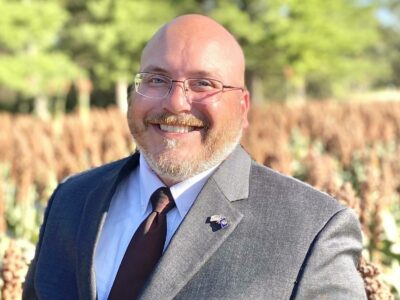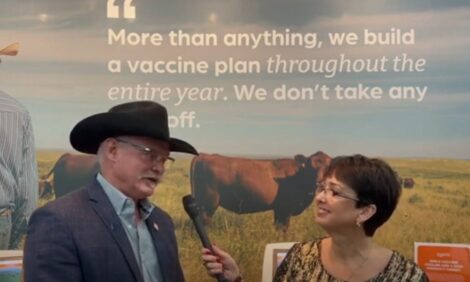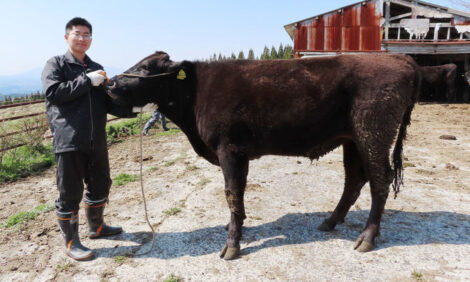



Eco-entrepreneurship in the livestock industry: a sustainable future awaits
Nate Blum, CEO of Sorghum United, says, "In the face of global challenges, the livestock industry has the potential to lead in eco-innovation."
The global livestock industry, an essential pillar of agriculture, is at a pivotal juncture. As environmental concerns mount, the clamor for sustainable practices intensifies. Eco-entrepreneurship emerges as the answer, promising a future where agriculture harmonizes with nature.
Harnessing the Power of Technology
The marriage of technology and agriculture has birthed a new era for the livestock industry. Gone are the days when pastoral farming was the norm. Today, technology acts as a transformative agent, reshaping every facet of livestock farming.
Emerging technologies like precision farming use data analytics to optimize resources, ensuring that animals receive the right nutrition and care. AI-driven livestock health monitoring systems can predict diseases, ensuring timely interventions and reducing mortality rates. Sustainable feed alternatives, developed through biotechnological research, promise to reduce the environmental impact of livestock, particularly in terms of methane emissions.
Unpacking Funding for Eco-Initiatives
The vision of sustainable livestock farming, while noble, requires significant financial backing. The good news is that the financial landscape is evolving in favor of eco-entrepreneurs. From government grants aimed at boosting sustainable practices to venture capitalists eyeing the next big eco-innovation, funding opportunities abound.
Angel investors and community-driven crowdfunding platforms are also joining the fray, recognizing sustainable livestock initiatives' immense potential and societal value. As Blum insightfully observes, "Financial support isn't just about money; it's a vote of confidence in a greener future."
The Importance of Education and Training
Education acts as the bedrock upon which the future of eco-entrepreneurship rests. Modern agricultural curricula are being revamped to incorporate sustainability at their core. Universities and research institutions are offering specialized courses that delve deep into sustainable livestock management, bio-waste utilization, and ethical animal husbandry.
Beyond formal education, hands-on training and internships play a pivotal role. They bridge the gap between theory and practice, molding aspiring eco-entrepreneurs into industry-ready professionals. Continuous learning and workshops ensure that these professionals stay updated with the latest sustainable methodologies and practices.
Advocating for Supportive Policies and Regulations
The policy landscape can often make or break innovations in the livestock industry. While some existing regulations support and foster sustainable practices, others can inadvertently hinder progress.
Eco-entrepreneurs often find themselves navigating this complex regulatory maze. However, voices like Nate Blum’s are making a difference, advocating for more supportive and progressive policies. Collaborative efforts between industry leaders, policymakers, and environmentalists are essential. Such collaborations can lead to regulations that incentivize sustainable practices and ensure that eco-entrepreneurship in livestock farming becomes the industry standard.
Conclusion
The destiny of the livestock industry is intertwined with its commitment to eco-entrepreneurship. As technology, funding, education, and policy come together, the dream of sustainable livestock farming becomes increasingly attainable. The industry stands on the cusp of a revolution that promises prosperity not just for farmers and businesses but for the planet as a whole.


